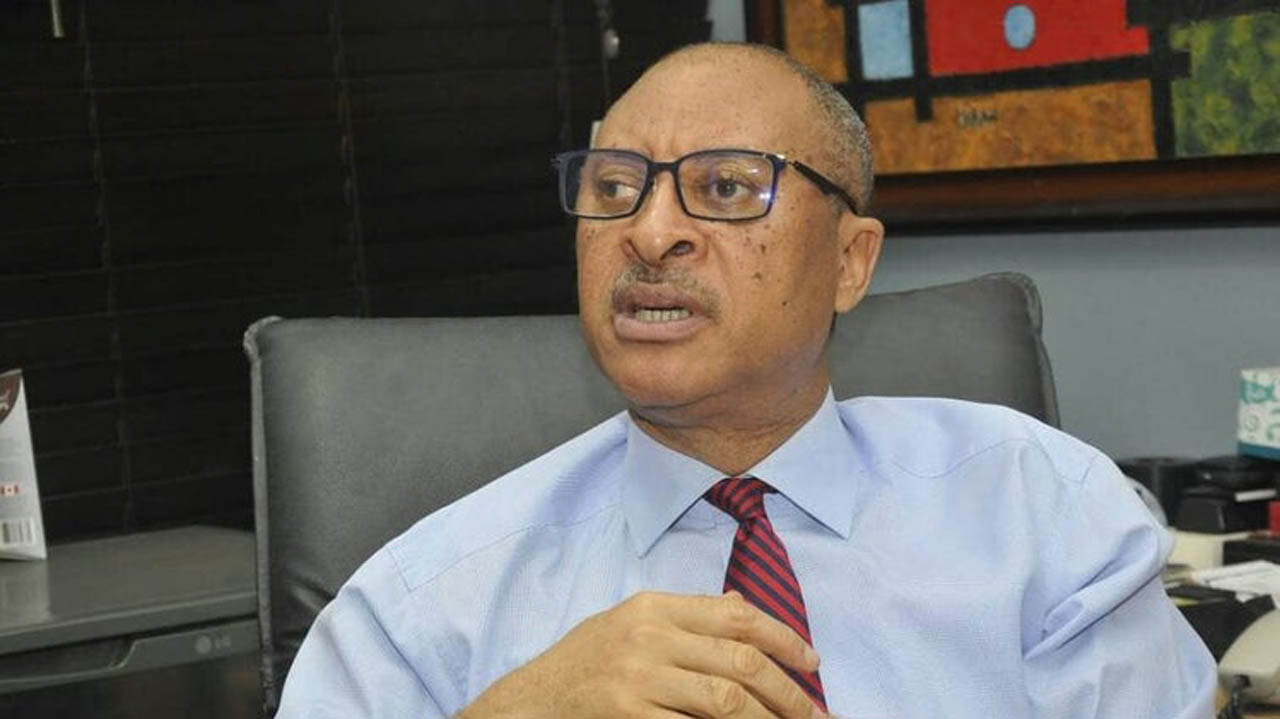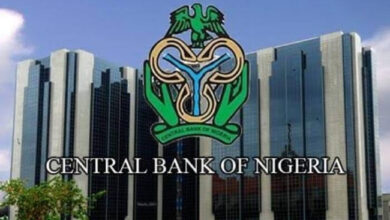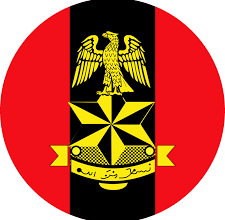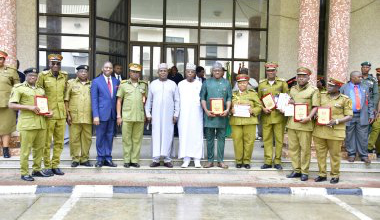Nigeria practices monopoly, not participatory democracy, say Ezekwesili, Utomi

Prof. Pat Utomi
Monopoly in politics, many believe, is a disservice to economic growth and development of any nation.
In Nigeria’s situation, many are of the opinion that there is absence of shared values and a unified vision of nationhood. The space for competitive politics and free expression is shrinking as pundits believe that Nigeria’s political system must be renovated if it would take advantage of the efficiencies of technological revolution to speed up development, tackle mass poverty, and catch up with other prosperous regions of the world.
Former Minister of Education, Dr. Oby Ezekwesili, at a conference on ‘Fix Politics: Changing politics Structurally for Africa’s Prosperity’ organised by the Robert Bosch Academy, noted that the country is yet to have political independence. She lamented that political power in Nigeria does not belong to the people but to elected politicians, noting that the country does not practice participatory democracy.
“When you look at the degree of participation in a democracy, it will tell you whether such democracy is participatory or a monopoly,” she declared. “To have a monopoly on how the system functions are to retard the system. The country practices monopoly democracy, which is more dangerous than an economic democracy. Politics in Nigeria and indeed in other African countries are in dire need of a structural change.”
The former presidential candidate also called for new minds in the political space to be trained on customised content of politics, policies, and governance to tackle monopoly democracy in the country and continent and offer a new political culture that subdues private interest. Ezewesilisi noted that proper research on Nigeria’s political structure shows that the name of the problem confronting the country is borne out of political monopoly.
She argued that those in public office are not ready to take any good idea that can move the country forward so far as such an idea contravenes their belief and works against their interest. She stressed that the inability to consolidate democracy economically was responsible for the inability to build a strong nation, adding that Nigeria needs to understand her problem and fashion out a way of solving it.
Ezekwesili added that expecting improvement after elections upon elections in a monopolistic democracy would amount to wishful thinking. She further explained that a monopolistic democracy has no incentive to give value to the electorate and, when faced with monopoly democracy, one cannot maximise utility, stressing that monopoly democracy is viable and gives only good returns to the political class who remain the only beneficiary.
She further informed that in conjunction with Robert Bosch Academy, she would be training 3,000 Nigerians who would be encouraged to run for public office in 2023 and they should be tutored on political knowledge and economy knowledge so as to inject new blood into the political space, just as she added that every participant shall be screened before being admitted, so as to prevent the current crop of political office holders from hijacking the training.
“What is the substitute for monopoly (democracy) structure?” she asked. “The way to find the substitute is to customise the training and the production of a new political class that is customised in the knowledge of politics that is ethical.
“Currently, we politicians for whose policies don’t matter and yet policies determine how far a country can grow; that is, having good and sound policies in the economy, education, infrastructure, and the private sector development. There is a need to customize the kind of training that will give us a massive number of new minds, especially among the young and women that will know politics, policy and understand governance, that will be trained in the skills of building functional governance systems.”
She also blamed the challenges facing the country on how the various ethnic nationalities with nothing in common were merged together in what she called a ‘patchwork’.
According to her, “In Europe, statehood is about people with similar language coming together. In Africa, it was the Berlin Conference that marked out the territories. In Nigeria, administrative convenience propelled the colonial authority to bring the people together. It was patchwork. Nigeria emerged made up of people who had nothing in common. There was no common identifying point of reference beyond the colonial power’s administrative convenience.”
Madam Due Process said Nigeria could have overcome the challenges resulting from the amalgamation of the Southern and Northern Protectorates had the right things been done at independence in 1960. She blamed the post-independence leaders for not renegotiating the terms of Nigeria’s existence when they replaced the British.
“In gaining independence, there was something that needed to happen that did not happen,” she stated. “There needed to be a discussion between these people that were brought together by the colonialists. That did not happen. The fact that we failed to hold some dialogue on how to live together constituted a gap. These failures and gaps continue to haunt us to this day.”
On his part, Head of Centre for Values in Leadership, Prof. Pat Utomi, lamented that the country is currently running multiple monopolies, which he stated as monopoly capitalism and politics. He added that no country would grow with just a mindset of one perspective, adding that monopoly capitalism never results in innovation. Utomi added that Nigeria is not advancing because those in public office are only willing to take advice from those who were ready to toe their own line and any contrary advice is jettisoned.
“A few people have captured the Nigerian state as politicians and as business people and innovation does not take place,” he noted. “Nigeria is at the bottom of the innovation index even on the continent of Africa. In most indicators around human progress, Nigeria is at the bottom. Why are we that way? It is because our politics is monopoly politics and our businesses; all they have to do is align with whatever politicians are dominant at the moment.
“As a member of the so-called leading political party in the country, I consistently went to the leaders of the party to say we should bring our people together and educate them as the policies are killing our country. And he said ‘hold on, there is no money!’ They are just impervious to ideas that will bring the country to change and progress. If 300,000 Nigerians mass up in front of Aso Rock and National Assembly every day for six weeks, things will change for good.
“Democracy is considered a viable tool for economic growth, development, system advancement, because of one of its most important attributes which are a rational public conversation, the stinker that most identifies with the subject is organic performance.
“Democracy is able to solve problems because citizens can rationalise issues and find an optimal solution. In Nigeria that is unlikely to take place because a terrible thing has happened to us, whereby any view that contravenes the policy of the government in power is condemned.”
A professor of Economic Theory at the University of Passau, Germany, Johann Lambsdorff, said in order for democracy to work as expected, it requires strong institutions, just as he urged Nigerians not to put too much trust in the system that the country operates currently. He noted that there was a need to make legislative procurement law because it would help in checkmating public officials, arguing that the fight against corruption should be systemic.
Lambsdorff argued that it is difficult to eradicate corruption since it has become endemic in Nigeria. He, however, suggested that the anti-corruption agencies needed to be subjected to scrutiny so that they themselves are not corrupted.
Culled from guardian.ng





